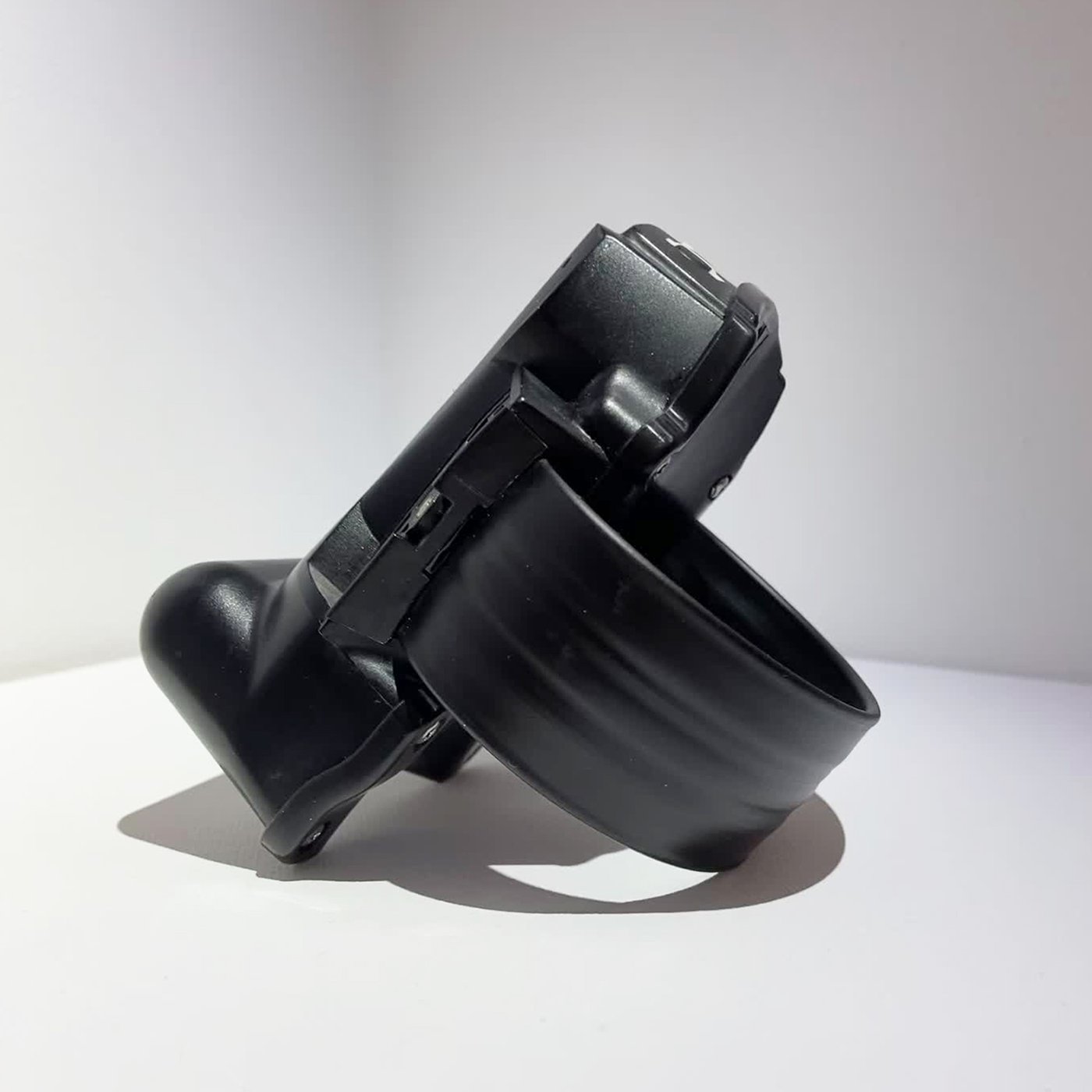Twelve months ago Quebec became the first jurisdiction in Canada to launch a two-pronged tracking system for domestic violence suspects, and while victims’ rights groups welcome the technology, they want to know more about its effectiveness.
The tracking equipment is composed of a bracelet for the suspect and a mobile device application that allows the victim to monitor the suspect’s movements. Since the start of the program, Quebec authorities have used the bracelets in 20 cases, mostly in Quebec City and a few other areas of the province, excluding Montreal.
Louise Riendeau, a spokesperson with a victims’ rights group that works with womens shelters, says the bracelets are a tool “but not a magic solution.”
It’s unclear how often authorities consider ordering suspects to wear the bracelets versus how many times the devices are used, Riendeau, with Regroupement des maisons pour femmes victimes de violence conjugale, said in a recent interview.
“There’s very little information out there,” Riendeau said, adding that her group doesn’t know whether the technology makes victims feel more safe.
“We don’t know if the victims felt more secure or if there were certain problems; if it placed them in a state of hypervigilance or if it was all positive.”
The bracelet uses geolocation and is equipped with a speaker. If a suspect breaks his or her conditions — for example by being too close to the home or workplace of the victim — they will receive an alert through the bracelet’s speaker. If the suspect doesn’t comply, police are contacted.
The bracelets can only be used with a victim’s consent. They can be imposed on suspects who are released on bail, serving a community sentence, or released conditionnaly upon serving a sentence in a provincial jail. Domestic violence suspects can be ordered to wear them by a judge, a jail warden, or an officer with Quebec’s parole board or corrections service.
Advocates for victims say the bracelets should not be a substitute for detention.
In one Quebec City-area case, not long after the devices were introduced, a man with a history of conjugal violence offered to wear a bracelet while on bail, but a judge refused the request. The judge ruled that the accused had a history of breaching release conditions and ordered him in custody pending trial, adding that it was not up to the victim to manage the risk of the accused breaking court orders.
Victims’ advocates also want to know whether the technology can be effective in rural areas, where police often patrol large territories and may not be able to respond quickly.
“The challenge is that Quebec is a big place and cellular and internet reception isn’t perfect everywhere,” Riendeau said. “We would like to have more information on the usage to ensure that it can be effective in places that are less densely populated than Quebec City.”
Riendeau says groups have asked for a meeting with Public Security Minister François Bonnardel to get details about how the bracelet is being deployed.
The full roll out of the tracking system is expected in 2023, including in Montreal. A total of about 500 bracelets will be available provincewide, and authorities have said Quebec’s program is expected to cost about $41 million over five years and that more bracelets could be added if there is demand.
The bracelet program is one 190 recommendations in a government-mandated report from December 2020 to combat gender-based violence, a list that includes the creation of specialized courts to deal with sexual and domestic violence cases. For now the bracelets are used only for suspects or offenders serving provincial sentences, as the project is carried out by the Quebec government.
“The decision to adopt the … bracelet for people sentenced to (a federal) penitentiary is the exclusive responsibility of the federal government,” Louise Quintin, a spokesperson for Quebec’s Public Security Department, said in an email.
“However, Quebec invites its federal and other provincial counterparts to follow suit with the adoption of such a measure and will be happy to provide them with the benefit of its expertise as needed.”
In Ottawa, Bill C-233, a private member’s bill, would amend the Criminal Code to require a judge to consider electronic monitoring devices before releasing suspects involved in conjugal violence cases. Quebec Conservative Sen. Pierre-Hugues Boisvenu, a longtime victims’ rights advocate, has introduced a Bill S-205, which would oblige a person accused of intimate partner violence to wear an electronic tracking bracelet as soon as they are released on bail.
A spokesperson for Correctional Service Canada says the agency also uses tracking bracelets, to ensure suspects respect curfews and other conditions, but they said the technology doesn’t come with an application for victims.
“CSC continues to monitor the evolution of the provincial electronic monitoring program targeting domestic violence in Quebec,” the department said in an email.
This report by The Canadian Press was first published Dec. 29, 2022.
